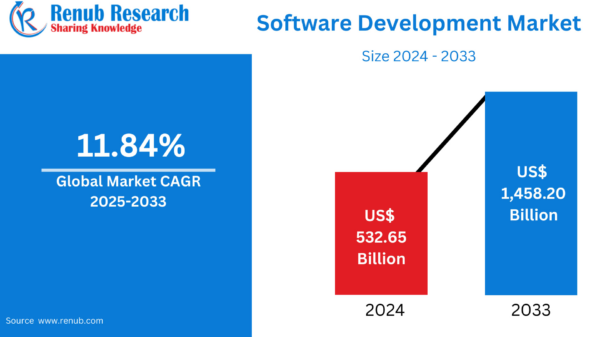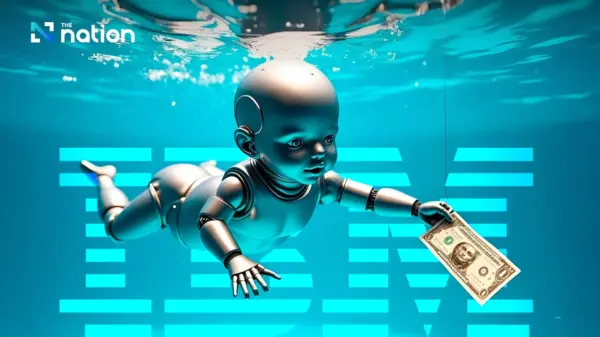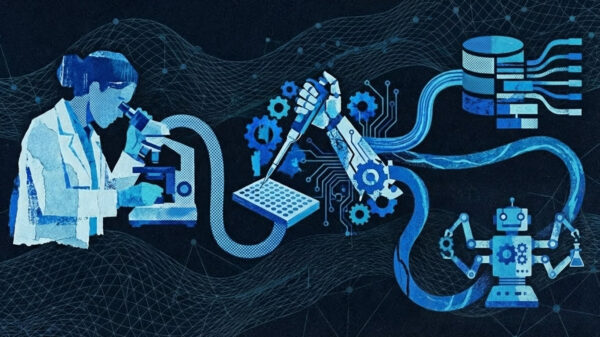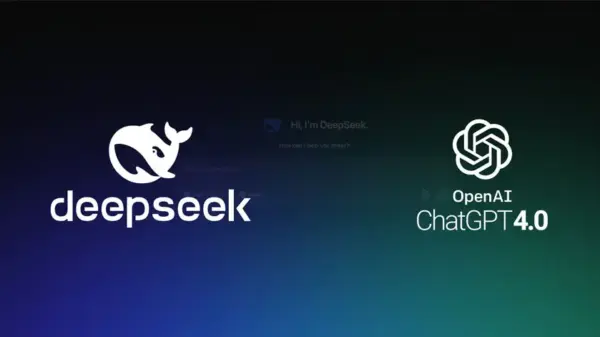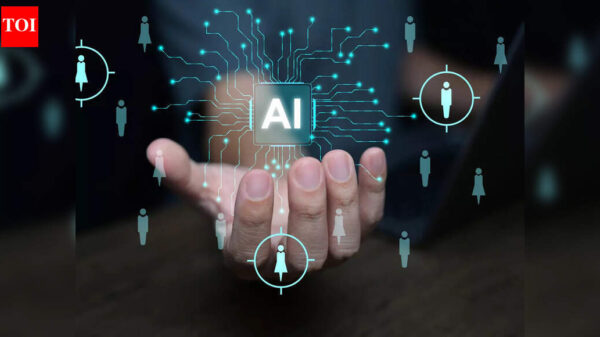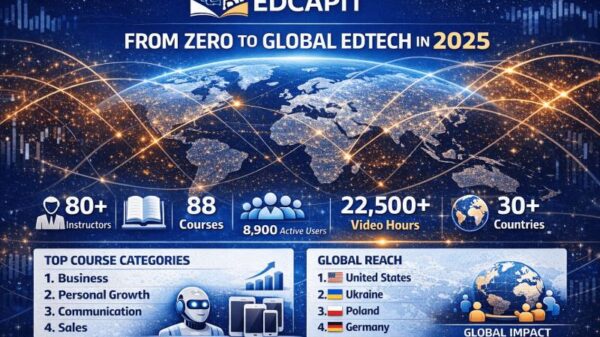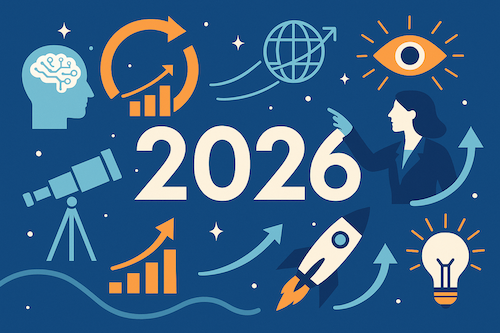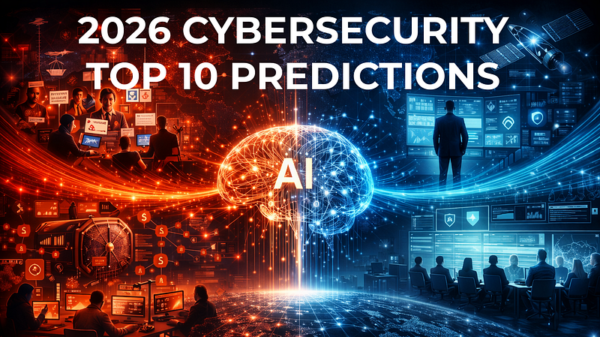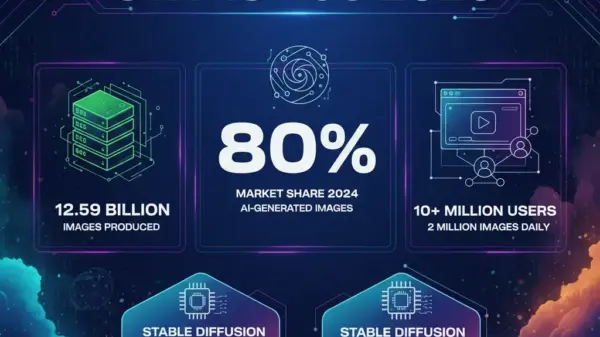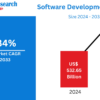The Transformative Role of AI in B2B Marketing Strategies
Artificial Intelligence (AI) has dramatically reshaped how marketing teams operate, influencing everything from content creation to search engine optimization (SEO) and complex customer buying journeys. As users increasingly rely on AI tools like ChatGPT for research, rather than visiting brand websites, the impact of AI on B2B marketing strategies has become a focal point of discussion among industry leaders. Recently, a roundtable discussion with WP Engine, a leader in managed WordPress hosting, yielded critical insights into this evolving landscape.
AI’s Influence on Traffic and Engagement
The advent of AI, particularly through large language models and chatbots, has transformed how potential buyers discover and engage with brands. During the roundtable, several marketing leaders highlighted significant changes in traffic patterns. One noted a staggering 30% reduction in online traffic, prompting their organization to enhance its generative engine optimization (GEO) strategy, resulting in a rebound in traffic. This speaks volumes about the importance of adapting SEO strategies to align with AI-driven discovery methods.
Moreover, the quality of traffic has emerged as a pivotal concern. A marketing leader emphasized that high-quality traffic, when paired with an excellent user experience, not only informs users but also accelerates their progression through the buying funnel. This pivotal insight underscores the risk brands face if they fail to adjust their content and SEO strategies for AI-driven discovery. As AI reshapes user behavior, brands must evolve or risk becoming invisible to modern buyers.
Brett Watson, VP EMEA at WP Engine, stated, “You still need a good website. You still need a good user journey, and AI should complement what you’re trying to do, not replace it.”
This sentiment reflects a broader consensus among marketing leaders: while AI can streamline various processes, the bedrock of a robust digital marketing strategy remains essential.
Challenges in Measuring AI’s Impact
Despite the rapid integration of AI, many marketing leaders expressed uncertainty in measuring AI’s impact on engagement and traffic. Traditional analytics tools often fall short, lacking the capability to quantify AI-driven engagement effectively. This gap in measurement tools underlines a pressing need for investment in advanced analytics that can track user behavior and traffic patterns in the AI context.
Regulatory Influences on Marketing Infrastructure
The discussion also shed light on how emerging regulations are driving changes in marketing infrastructures. Privacy concerns, data governance, and compliance with regulations like GDPR are becoming increasingly paramount as businesses adopt AI. Many leaders noted that compliance requirements now frequently dictate choices related to infrastructure and platform selection, sometimes even more than traditional factors such as traffic metrics.
Brett Watson pointed out that organizations are witnessing a significant uptick in compliance and governance demands. This trend emphasizes the necessity of robust governance frameworks to safely integrate new AI tools while protecting sensitive data. Given the rapid pace of AI’s evolution in the B2B sector, ensuring compliance is not just beneficial but essential for sustainable growth.
Collaboration as a Key to Success
AI also serves to expose readiness and process gaps within organizations. Marketers are increasingly recognizing the need for enhanced collaboration between marketing and sales teams, especially in leveraging AI for lead scoring and qualification. However, this integration highlights the challenges associated with the handoff from marketing to sales. Building trust with customers remains crucial, as many still prefer human interaction at certain stages of their buying journey.
This context underscores the importance of seamless collaboration between marketing-generated leads and responsive sales teams. While AI can streamline processes, it also reveals organizational shortcomings, necessitating thoughtful investments in AI capabilities.
Strategic AI Adoption: A Path Forward
Marketing leaders unanimously agreed that organizations should prioritize business objectives and strategic value rather than simply chasing the latest AI tools. As one leader noted, sometimes it is prudent to step back and assess the landscape before diving into new technologies. Taking a customer-first approach and remaining agile can position organizations to capitalize on AI opportunities effectively.
In the spirit of the roundtable, here’s a checklist for marketing leaders to transition from AI curiosity to meaningful implementation:
- Develop pilot programs to test AI-driven content generation and personalization.
- Research tools and platforms capable of measuring AI’s impact on user behavior.
- Review data governance policies to ensure compliance and security.
- Enhance collaboration between marketing and sales teams to better utilize AI-led qualification processes.
- Evaluate existing website content to identify gaps that can enhance the AI-driven buyer journey.
The insights from this roundtable emphasize that, while AI presents numerous opportunities, the foundation of a successful digital strategy remains paramount. WP Engine continues to support organizations in staying future-ready by providing the necessary performance, security, and flexibility to create high-performing digital experiences.
 Coca-Cola Faces Backlash Again for AI Holiday Ads, Sparks Debate on Authenticity
Coca-Cola Faces Backlash Again for AI Holiday Ads, Sparks Debate on Authenticity Triangle AI Systems Launches Marketing Reset System™ for $1M-$10M Businesses
Triangle AI Systems Launches Marketing Reset System™ for $1M-$10M Businesses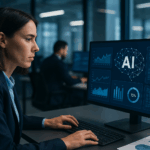 72% of Marketers Plan AI Use, Yet Only 45% Feel Prepared, Reveals MiQ Report
72% of Marketers Plan AI Use, Yet Only 45% Feel Prepared, Reveals MiQ Report AI Transforms Real Estate Marketing, Cutting Home Tour Costs by 80% in Spain
AI Transforms Real Estate Marketing, Cutting Home Tour Costs by 80% in Spain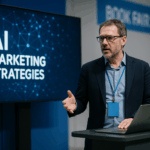 Publishers Embrace AI Marketing Strategies to Combat Content Saturation at Frankfurt Book Fair
Publishers Embrace AI Marketing Strategies to Combat Content Saturation at Frankfurt Book Fair




